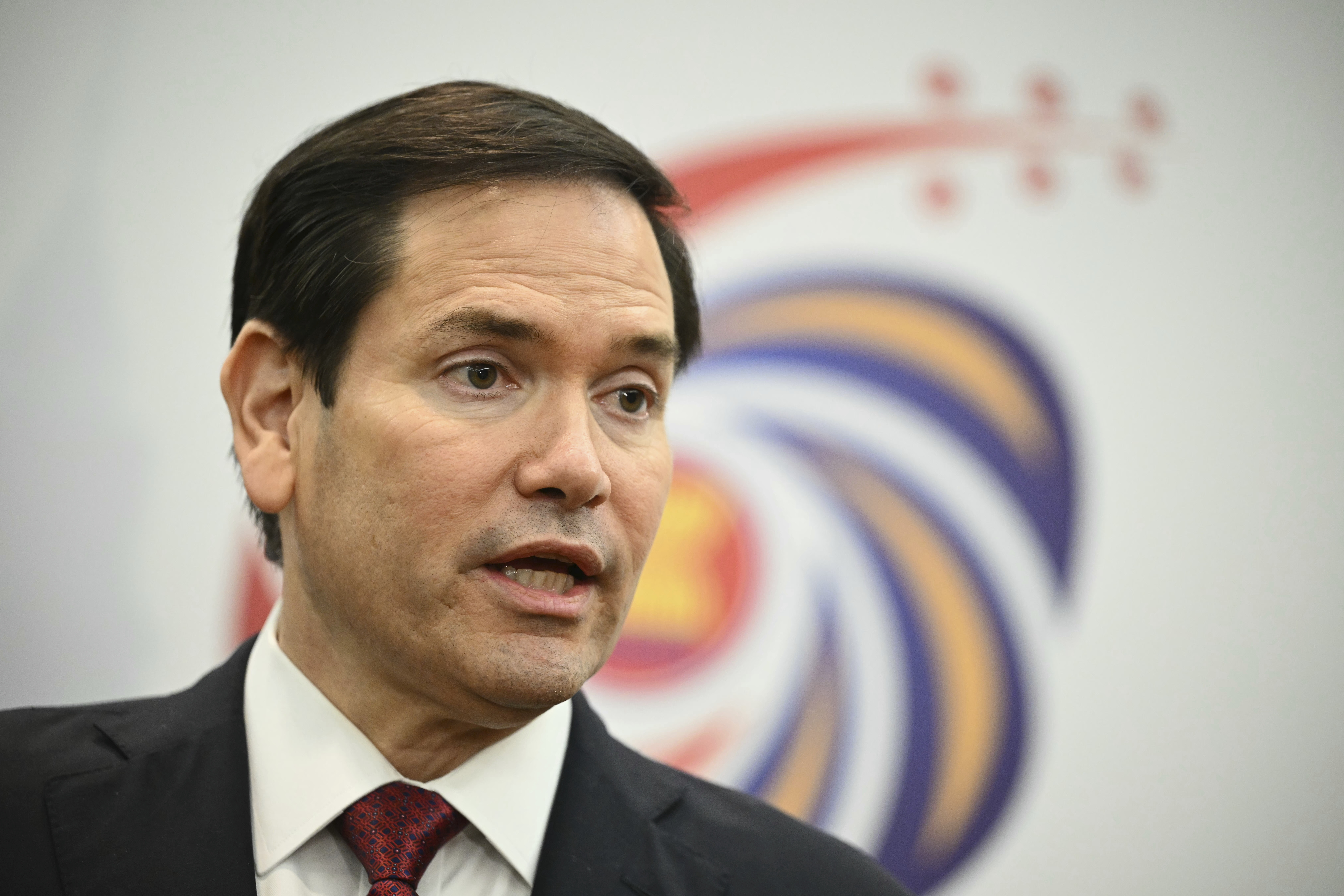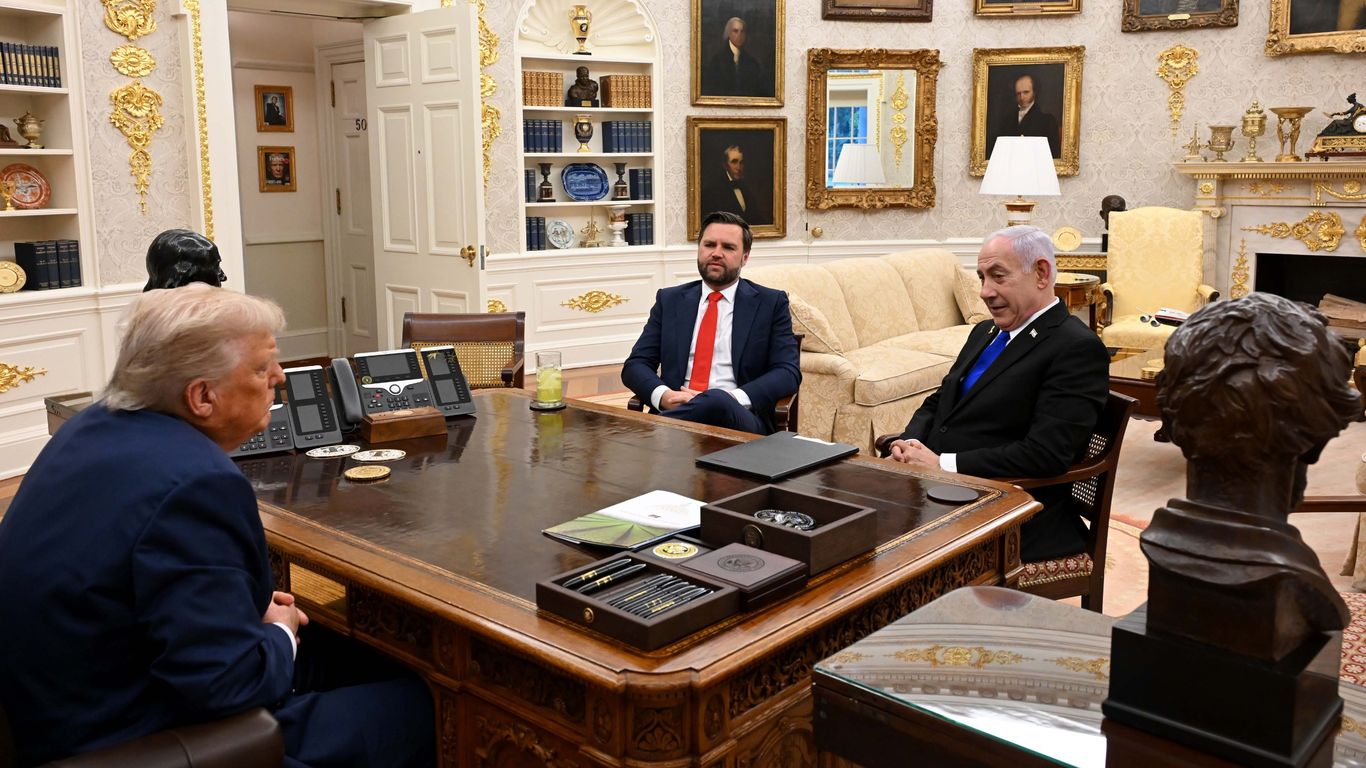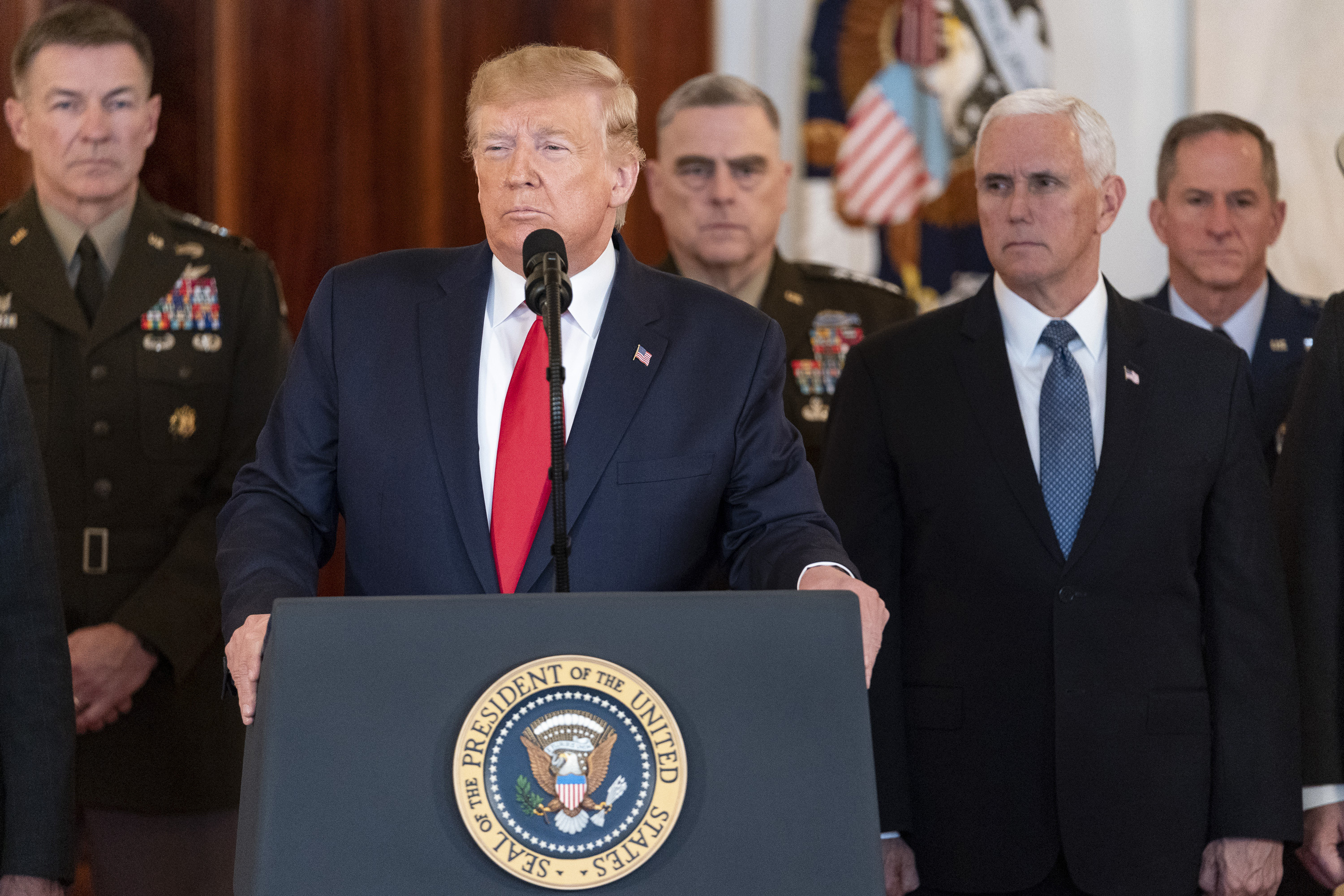The National Guard's Role in Domestic Matters: Tensions and Calls for Guidelines

Introduction
The legality of the National Guard's presence in Los Angeles has been called into question as a trial has exposed internal tensions over President Donald Trump's use of the Guard. This comes as Trump has recently authorized a new deployment in Washington, DC. This trial has shed light on the conflicting views within the government regarding the use of the National Guard for domestic purposes.
Key Details
The trial has revealed that while some officials believed the deployment of the Guard in Los Angeles was necessary to maintain order and protect property, others argued that it was an overstep of federal power and could potentially escalate tensions with protestors. This divide reflects the broader debate over the role of the National Guard in domestic matters and the balance between federal and state authority.
Furthermore, the trial has brought attention to the lack of clear guidelines and oversight for the use of the National Guard in domestic situations. As a result, there have been calls for more structured and transparent protocols to avoid similar tensions and conflicts in the future.
Impact
The outcome of this trial could have far-reaching implications for the use of the National Guard in domestic matters. It has also brought attention to the need for more comprehensive guidelines and oversight to prevent potential abuses of power and tensions between federal and state authorities. As the trial continues, it will be important to closely monitor the developments and implications for the use of the National Guard
About the People Mentioned
Donald Trump
Donald John Trump, born June 14, 1946, in Queens, New York, is an American businessman, media personality, and politician. He graduated from the University of Pennsylvania’s Wharton School in 1968 with a degree in economics. In 1971, he took over his family’s real estate business, renaming it the Trump Organization, through which he expanded into building and managing skyscrapers, hotels, casinos, and golf courses. Trump gained widespread fame as the host of the reality TV show *The Apprentice* from 2004 to 2015, which helped establish his public persona as a successful entrepreneur. Trump entered politics as a Republican and was elected the 45th president of the United States, serving from 2017 to 2021. His presidency was marked by significant policy actions including tax cuts, deregulation, the appointment of three Supreme Court justices, renegotiation of trade agreements (notably replacing NAFTA with the USMCA), and a focus on immigration control including border wall expansion. He withdrew the U.S. from international agreements such as the Paris Climate Accord and the Iran nuclear deal, and engaged in a trade war with China. His administration’s response to the COVID-19 pandemic was criticized for downplaying the virus’s severity. Trump was impeached twice by the House of Representatives—first in 2019 for abuse of power and obstruction, and again in 2021 for incitement of insurrection—but was acquitted by the Senate both times. After losing the 2020 election to Joe Biden, Trump challenged the results, culminating in the January 6, 2021, Capitol riot. He remains a central figure in American politics, having won the 2024 presidential election and returned as the 47th president in 2025, continuing to promote policies aimed at economic growth, border security, and military strength[1][2][3][4].
About the Organizations Mentioned
National Guard
## Overview The National Guard is a unique component of the United States Armed Forces, serving as both a state and federal military reserve. It is divided into the Army National Guard and the Air National Guard, each functioning as the primary combat reserve for the U.S. Army and Air Force, respectively[1][5]. Unlike other military reserves, the National Guard can be activated by state governors for domestic emergencies—such as natural disasters, civil unrest, or public health crises—while also being deployable overseas by the president during national emergencies or conflicts[1][2]. This dual role makes it a critical bridge between civilian life and military service, with most members serving part-time while maintaining civilian careers or education[1][7]. ## History The National Guard traces its origins to 1636 in Salem, Massachusetts, making it the oldest military organization in the U.S.[4][6]. Initially formed as local militias for community defense, it evolved into a structured reserve force integral to every major U.S. conflict since the nation’s founding[6]. The modern National Guard was formally established by the Militia Act of 1903, which standardized training and equipment across states and created a federal role for the Guard[4]. ## Key Achievements The National Guard has been pivotal in both domestic and international crises. Domestically, Guard units have responded to hurricanes, wildfires, the COVID-19 pandemic, and civil disturbances, providing essential support to local authorities[2][6]. Internationally, Guard units have deployed to conflicts in Afghanistan, Iraq, and the Balkans, as well as peacekeeping and training missions worldwide[2][5]. The Guard’s State Partnership Program also fosters military cooperation with over 100 nations, enhancing global security partnerships[5]. ## Current Status and Notable Aspects Today, the National Guard comprises approximately 430,000 members across all 50 states, Washington, D.C., and U.S. territories[1][6]. It is overs
Washington, DC
Washington, D.C. is not an organization but a city and the capital of the United States. It is a hub for American politics, history, and culture, known for its iconic landmarks like the White House, Capitol Building, and Lincoln Memorial[1][2]. The city is home to numerous museums, including the Smithsonian Institution, which encompasses several world-class museums such as the Air and Space Museum and the National Gallery of Art[3]. **History and Key Achievements:** Washington, D.C. has a rich history dating back to its founding in 1790. It has been the site of significant historical events, including Martin Luther King Jr.'s "I Have a Dream" speech and numerous presidential inaugurations[2]. The city hosts the National Cherry Blossom Festival, a celebration of the gift of cherry blossom trees from Japan in 1912[1][6]. **Current Status:** In 2025, Washington, D.C. continues to evolve with ongoing projects like the rewriting of the city's Comprehensive Plan, aimed at ensuring equitable growth and development[5]. The city offers a diverse job market, excellent education, and vibrant cultural events, making it a desirable place to live and visit[4][6]. **Notable Aspects:** - **Cultural Diversity:** Washington, D.C. is a melting pot of cultures, with a strong international presence and a diverse community[4]. - **Transportation:** The city boasts a robust public transportation system, enhancing its walkability and bikeability[4]. - **Innovation and Events:** It hosts various events throughout the year, including the Washington Auto Show and Restaurant Week, showcasing its dynamic dining and innovation scenes[6].














